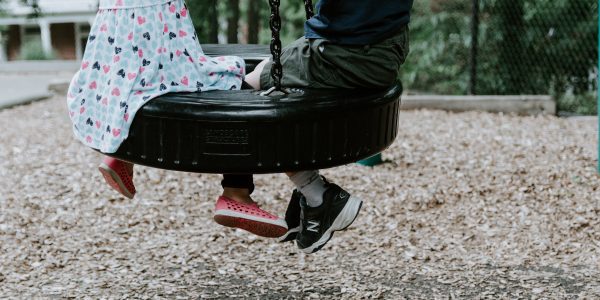-
Dr Gözde Doğanyılmaz-BurgerUniversity of Bristol
-
Dr Jon SymondsUniversity of Bristol
-
Professor Susan HarknessUniversity of Bristol
-
Professor Geraldine MacDonaldUniversity of Bristol, NIHR National Social Care Lead
-
Dr JoAnne Pedro-CarrollUniversity of Rochester
-
Dr Mariska Klein VeldermanTNO (the Netherlands Organisation for Applied Scientific Research)
Project overview
This project will investigate the feasibility of adapting the Children of Divorce Intervention Programme (CODIP) to support children affected by parental separation in England and Wales, including separations involving both married and unmarried parents.
Why this project is important
Parental separation is a significant and growing issue, with wide-ranging implications for children’s emotional wellbeing, school adjustment, and long-term outcomes. These effects often stem from experiences of family disruption, parental conflict, and feelings of loss or instability.
In 2021, over 100,000 couples were granted a divorce in England and Wales, with 48% having at least one child living with them. However, these figures do not include separations among cohabiting or unmarried couples, who now comprise a substantial and increasing proportion of separated families. Estimates suggest that more than 280,000 children experience parental separation each year across the UK, considering both married and non-married households.
Policy attention is growing in this area: the Ministry of Justice has called for more research into the links between child arrangements and family outcomes, and the Department for Work and Pensions has highlighted the need to mitigate the impact of family breakdown. Yet, many existing pilots and interventions continue to focus primarily on parents, with limited direct engagement with children.
CODIP is a child-centred, group-based intervention that uses developmentally appropriate, play-based activities to support children aged between 5 and 14 in developing emotional regulation, coping skills, and resilience. The programme had demonstrated effectiveness in helping children navigate family transitions and divorce in the United States, Netherlands, and other international contexts. CODIP’s flexible design allows it to support children both during and after separation, making it inclusive for children from diverse family circumstances.
What it will involve
Building on CODIP’s international success, this project will explore how the programme can be adapted for the English and Welsh context through a structured, multi-stage research process.
The research will be undertaken in three stages:
- Systematic Review: Assessing CODIP’s efficacy across countries to identify benchmarks and inform adaptation strategies.
- Engagement Activities: Conducting virtual discussions with Dutch CODIP developers and in-person workshops with children and young people, stakeholders, and practitioners. These activities will support the co-development of a proof of concept specifically designed for England and Wales, and modified to accommodate the separation of cohabiting (non-legally married) parents.
- Feasibility Framework Development: Integrating findings from reviews and engagement activities to build an evidence-informed feasibility framework for future piloting and evaluation of CODIP in England and Wales.
How it will make a difference
Findings will be shared directly with policymakers, practitioners, children and young people, academics, and the original CODIP development team. Planned outputs include:
- A co-produced report with policy and practice recommendations.
- A child-friendly report to ensure accessibility and involvement of young participants in dissemination.
- Policy briefs targeting key stakeholders, decision-makers, and advocacy groups.





















